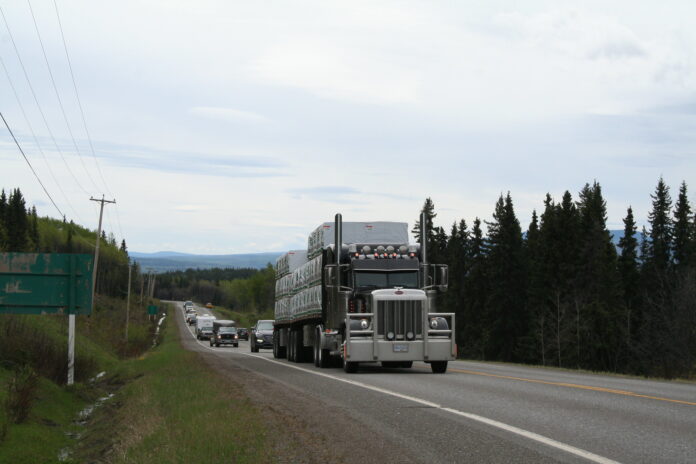A small-business advocacy group said British Columbia has made strides toward removing interprovincial trade barriers over the last year. But the Canadian Federation of Independent Business claims there’s still more work to be done.
The group is giving the province a “B+” grade in its annual report card on interprovincial co-operation – a partial step up from last year’s “B” grade from the CFIB.
“British Columbia has shown leadership by passing legislation that doesn’t require a patchwork of agreements to realize free trade,” said Ryan Mitton, CFIB’s Director of Legislative Affairs for B.C.
B.C. passed legislation this spring to respond to U.S.-imposed tariffs, including measures to break down interprovincial trade barriers. Bill 7 mandates if a good or service is lawfully produced or provided in another province, it can generally be sold or supplied in B.C.
The grade puts B.C. in the top four highest scores among the provinces and territories. Nova Scotia and Ontario scored “A” grades this year from CFIB, which points to Nova Scotia’s introduction of mutual recognition legislation and Ontario’s elimination of all of its exemptions under the Canada Free Trade Agreement (CFTA). Manitoba was also rated above B.C., with a score of A-.
CFIB said it grades provinces and territories based on CFTA exceptions, select trade barriers and the status of items from reconciliation agreements. It also added a bonus indicator this year that rewards jurisdictions that accept other regions’ regulations and standards as sufficient within their own jurisdiction.
“The finish line is in sight, but there is more work for B.C. to do,” said Mitton.
CFIB makes a number of recommendations for B.C. to further improve its grade, including removing B.C.’s remaining exceptions to the Canada Free Trade Agreement.
Prime Minister Mark Carney pledged during his election campaign he would work to eliminate interprovincial trade barriers by Canada Day. The federal government passed Bill C-5 last week – omnibus legislation that reduces federal restrictions on interprovincial trade, though it’s unclear when the impact of those regulations will be felt.
Internal Trade Minister Chrystia Freeland testified to the Senate on June 16, stressing that the biggest impact in breaking down interprovincial trade barriers will come from the provinces and territories, not the federal government.






